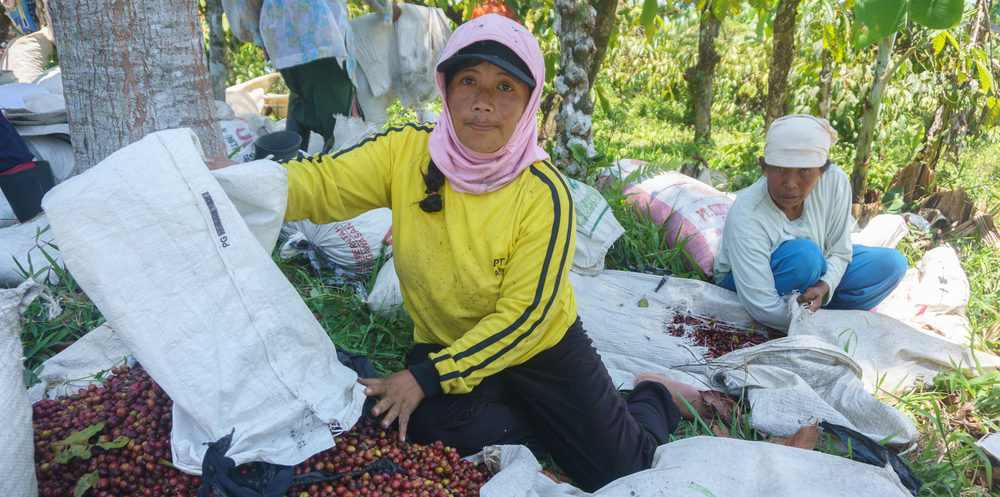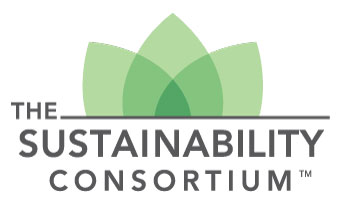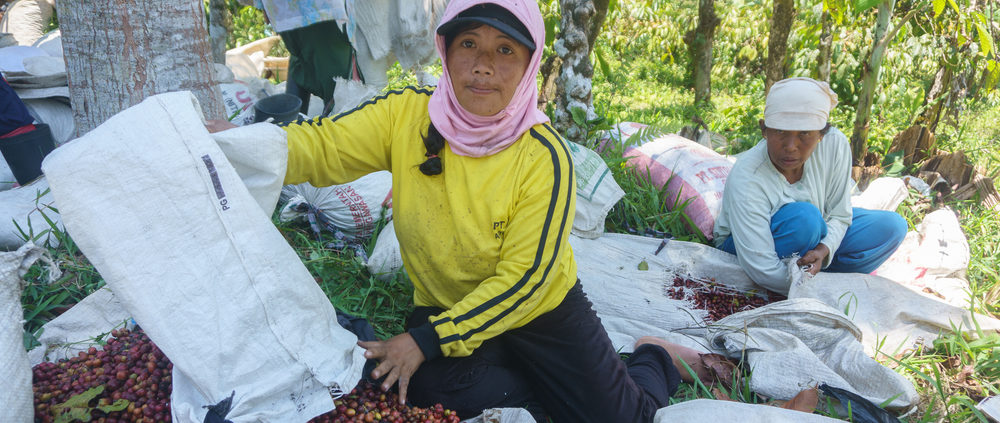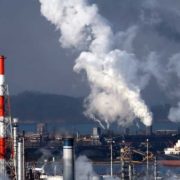Modern Slavery in Contemporary Food Production
News from Wageningen UR
October 27, 2017

Cautious estimates by the International Labour Organization suggest that some 25 million people worldwide are victims of forced labour. People are being exploited in a variety of ways and in varying degrees. Many companies are not familiar with all of the suppliers in their chain, which can be extremely risky. It takes time to figure things out and companies are afraid of claims and reputation damage. According to researcher Birgit de Vos, it all starts with awareness and openness. De Vos is developing indicators to help companies assess the likelihood of modern slavery in their own chain.
Modern slavery can involve exploitation, intimidation and even physical abuse. While people may not be bound physically, they are bound mentally. ‘People are forced to work for free to pay off their debts, are forced to pay a fortune to get to and from work (because the only available transport is arranged by the employer) or are forced to work for food and shelter,’ says De Vos. ‘This leads to dependency and exploitation.’ Poor day labourers and migrants are particularly vulnerable, as they are forced to make long hours doing dangerous work and do not receive paid sick leave.
A factory or a plantation could appear well-managed on the surface, but if they hire subcontractors during peak periods, they lose their overview.
Social sustainability
Birgit de Vos works for The Sustainability Consortium (TSC) on behalf of Wageningen Economic Research. TSC is a global consortium of more than a hundred companies, NGOs, government institutions and universities, including multinationals like Walmart, Unilever and BASF. TSC aims to help companies produce better and more sustainable everyday products. Wageningen is tasked with coordinating the European activities and developing guidelines to assess and improve the sustainability of its products and those of its suppliers.
“This involves a set of indicators against which companies can measure themselves,’ explains De Vos. ‘Eighty per cent of sustainability is about the environment, but I focus primarily on social aspects like modern slavery and child labour.”
Illegality in the chain
Many countries in Asia, Africa and Latin America are at an increased risk for modern slavery, but it also occurs in Eastern Europe. It’s all about what you import from those countries. According to De Vos, signing a code of conduct or an integrity statement does little good if companies fail to monitor these regularly. ‘And even if they do, a factory or a plantation could appear well-managed on the surface, but if they hire subcontractors during peak periods, they lose their overview.’
Protocol for risk management
As a researcher, De Vos plans to develop a set of indicators for modern slavery and to advise companies on how they can reduce the risk of modern slavery in their chains.
WUR wants to stimulate sustainability, and this is part of it. We want high-quality products that are produced as sustainably as possible. Many companies turn a blind eye for fear of reputational damage, but the problem doesn’t lie with just one company; this issue plays a role at lots of companies.
It starts by identifying all of your suppliers, including the suppliers of your suppliers . Very few companies know what happens further up the chain and some companies even try to prevent the exchange of information. Companies that import products from low-income countries with a lot of migrants, that have a weak or corrupt government and remote plantations with no local transport options may be contributing to forced laborlabour.
You also have to look at the offset for internal buyers. If a company is purely price-focused, this could be a potential risk indicator. If six of the ten indicators apply to a company, there’s probably something illegal happening in the chain. Our role is to make companies aware of this and suggest ways to make improvements.





